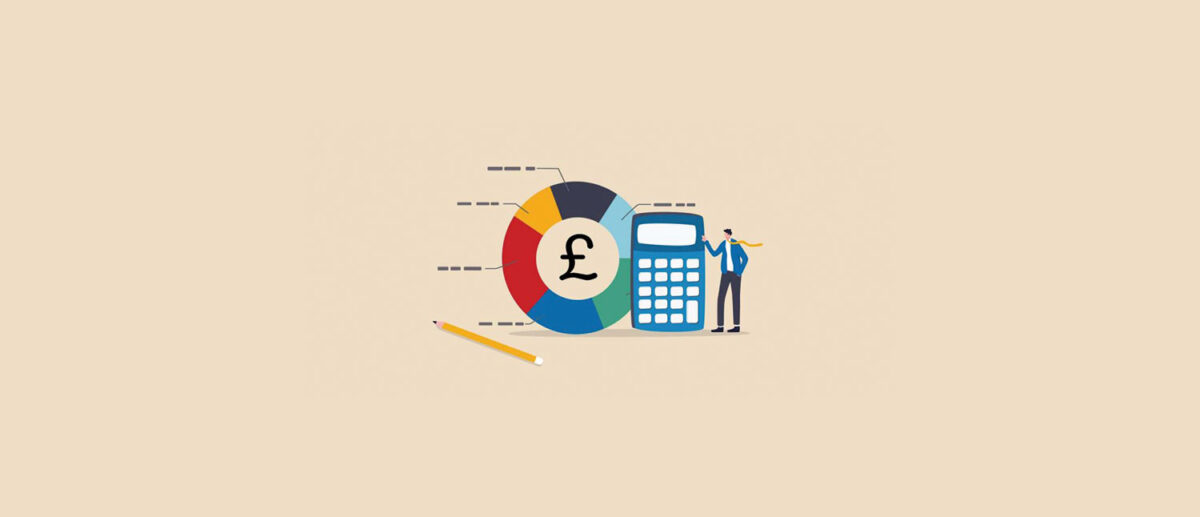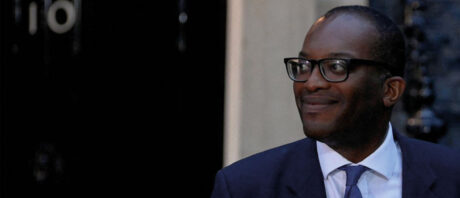
Why a personal budget is so important – and how to create one
As well as making the numbers work for our clients, CRM’s recently qualified accountant Loren Forbes is a big fan of personal budgeting and she is passionate about spreading the word to help people manage their money better.
Loren believes that we should all take the time to balance the books for our personal accounts as much as we do for our businesses. “With the price of food and energy going through the roof at the moment, it’s more important than ever to keep a track of every penny that comes in and goes out of your household budget,” she said.
“As we’ve seen in the past couple of years, unprecedented events have a huge impact on our lives. Being on top of your personal budget provides an amount of security against events like the pandemic and the cost of living crisis.”
Most importantly, budgeting gives you control over your hard earned money. Understanding how much is left after bills and other big expenses, it is then possible to make better decisions on future purchases.
Budgeting can help you achieve your financial goals, affording the lifestyle you aspire to and helping with forward planning into retirement. And when something catastrophic happens, you’re more likely to have some contingency to cover it. By knowing exactly what comes in and goes out of your personal budget, you can avoid getting into debt or financial difficulties, you can save for unexpected problems and plan for the future.
We asked Loren for her tips on creating a successful personal budget:
- Make your budget realistic and try to include some ‘fun’ spending, especially if there are birthdays or other events coming up.
- Make budgeting a habit. I track my spending daily so I don’t get behind and always know where I am at any point in the month. Once it becomes a habit, it’s much less of a chore.
- Start your budget with the ‘must’ expenses and finish with the items that you can do without if necessary. You can adjust your budget each month to allow for extra costs.
- There are lots of free apps available to help you track your expenses (or paid ones for something more tailored). For some, a simple spreadsheet can do the job just as well.
- Check your regular direct debits to see if you are paying for things you don’t use, like subscriptions or warranty cover on an appliance.
- Keep an eye on direct debits increasing without your knowledge and on your phone bill for those added extras that you weren’t aware of.
- Try to stick to your budget as much as life will allow. Unavoidable additional costs will happen but try to avoid going over your limits at other times.
“Budgeting not only helps to keep your finances healthy, it also helps with your mental health by reducing stress and worry. It can’t magically create more funds but it certainly helps you to know what you’ve got and where it’s spent.”
For more advice on budgeting and financial planning, call the friendly, approachable experts at CRM on 01865 379272.
More in Accountants

New R&D Tax Relief regulations could leave thousands of businesses at...
In a recent development, tens of thousands of businesses are facing the risk of missing out on crucial Research and Development (R&D) tax relief due to new pre-registration requirements.

Experts urge businesses to beware of latest VAT changes
Business owners registered for VAT are being reminded to make sure they file their returns and pay on time or face falling foul of new penalties introduced by HMRC.

Evolution and Growth for Oxfordshire’s Wellers
Simon Smith takes the helm as Managing Partner
From this author

Fun and fundraising pass the winning post together at CRM Race...
More than 100 excited horseracing fans packed into Yarnton Road Football Club for the CRM Charity Race Night on Friday 30 September. The atmosphere was full of competitive enjoyment and an amazing total was raised for CRM’s 2022 charity partner – Tiny Tickers.

CRM Summary: The Chancellor’s September Statement
Chancellor Kwasi Kwarteng delivered his “mini Budget” on 23 September 2022.

Mind the gap. How can women maximise their pensions?
As women get older, the difference widens between the value of their pension and that of men – in fact the gap stretches to almost 50% for the over 50s – so some women will retire with half the pension pot of men.


